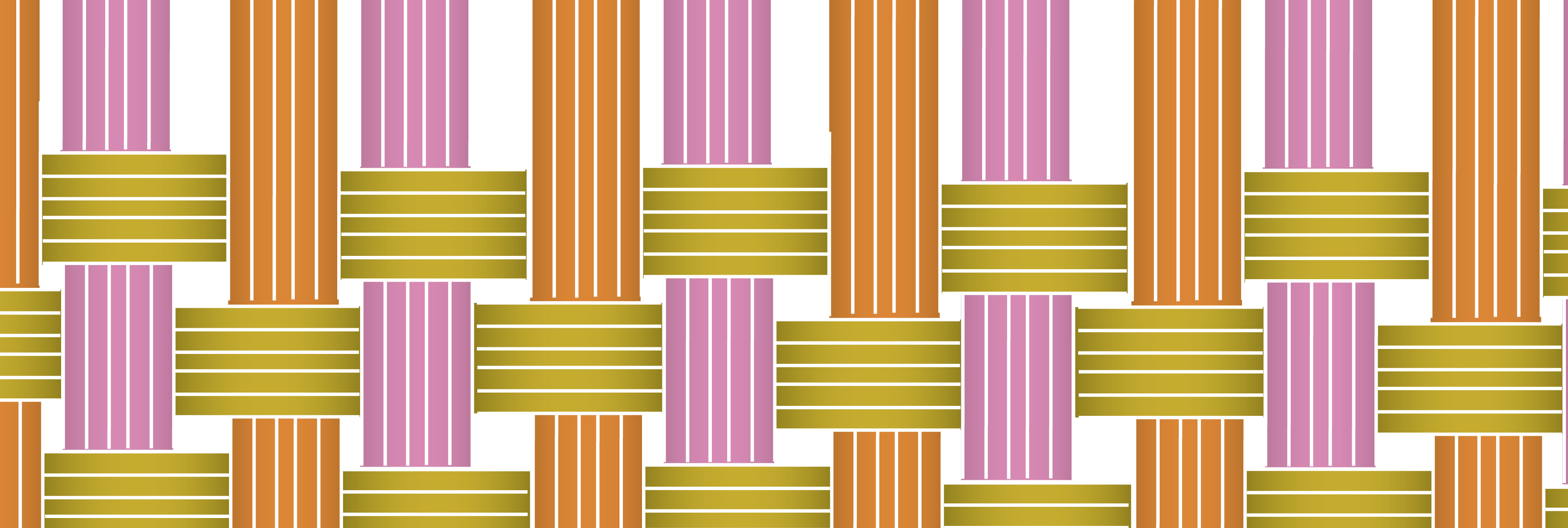With a population just under 800,000, the nation of Equatorial Guinea, which also happens to be one of the smallest countries on the continent, is also its wealthiest ranking higher than countries like Brazil and Poland in terms of GDP. Located in Central Africa, bordered by Cameroon and Gabon, Equatorial Guinea is the only independent Spanish speaking country on the continent (French and Portuguese are also recognized as official languages) with its capital city Malabo located on the island Bioko, one of five islands off the country’s coast.
The country gained independence in the 1968 after nearly 200 years of oppressive Spanish colonial rule. Francisco Nguema served as the nation’s President from 1968 to 1979 during which time the nation rapidly deteriorated into political and economic chaos as Nguema attempted to severe all ties with colonial rulers and establish an authoritarian rule. In 1979, Nguema by his nephew Obiang Mbasogo following a coup. However, Mbasago did little to salvage the country, catapulting it further into political and economic turmoil under his tough dictatorial leadership. Mbasago remains in power today nearly 34 years into his presidency making him Africa’s longest serving dictator (surpassing Zimbabwe’s Robert Mugabe and Angola’s Jose Dos Santos by a few months). His government has been called out repeatedly for its human rights violations by a number of international bodies including the Human Rights Watch and was at one point in time noted as one of the worst human rights abusers in Africa.
However, in the 1990s, things took a turn for the better following the discovery of abundant oil reserves off the country’s coast. Equatorial Guinea promptly emerged as a regional and international economic leader, so much so that in 2004, the nation was reported as having one of the world’s fastest growing economies. Currently, the country remains Africa’s third largest exporter of oil.
While the discovery of oil was thought to be dawn of a new era for the country, things have remained largely the same, if not worse, for majority of the country’s citizens. Nearly 75% of the population lives in poverty with the country ranking very low on the Human Development Index. This largely has to do with the government’s control of the oil export industry. The entire industry is marred by corruption to the extent that the exact number of oil reserves in the country remains undisclosed to the international community. What should have been a blessing for the country now serves as a curse because President Mbasogo and his regime’s control of the oil export industry has further enabled him to maintain his political influence in the country. With Mbasogo’s current term coming to an end in 2016, it remains unclear what the future of this small but mighty nation holds.
Further Reading
https://www.cia.gov/library/publications/the-world-factbook/geos/ek.html
http://www.bbc.com/news/world-africa-13317174
http://www.africlandpost.com/equatorial-guinea-wealthiest-country-african-continent/




Leave a Reply